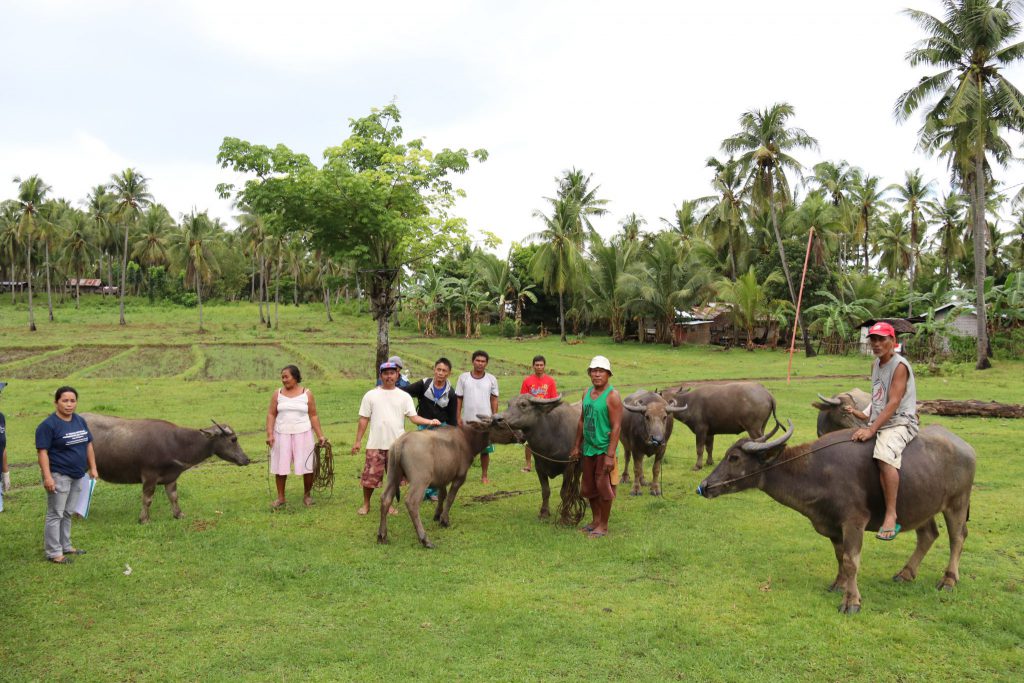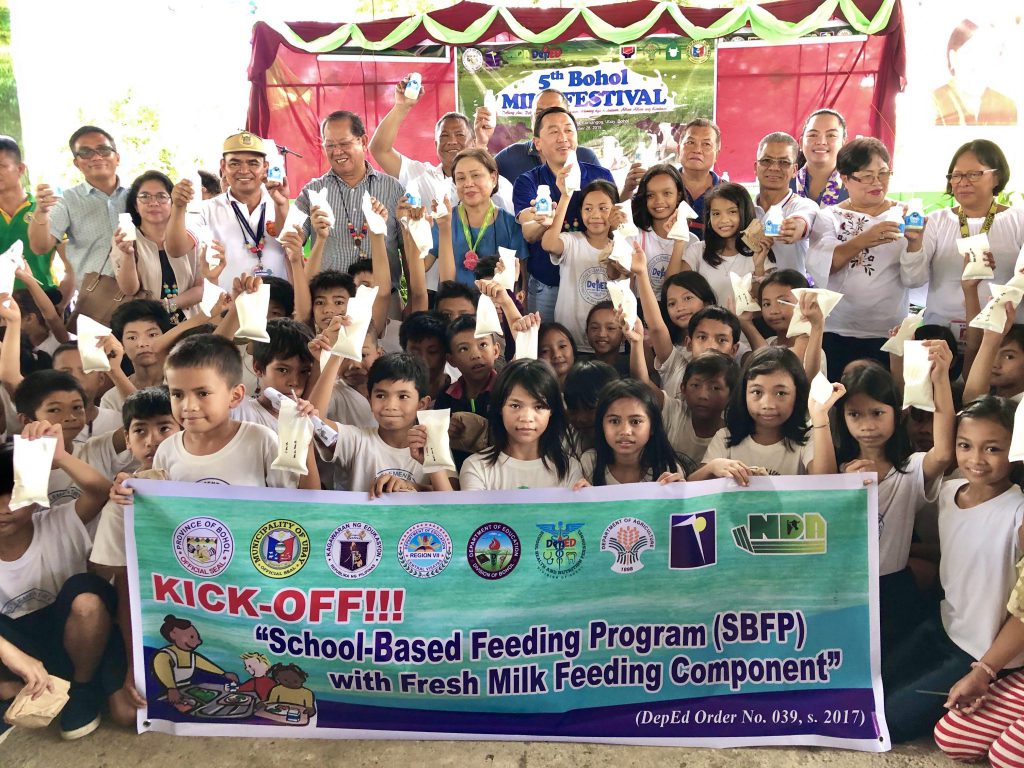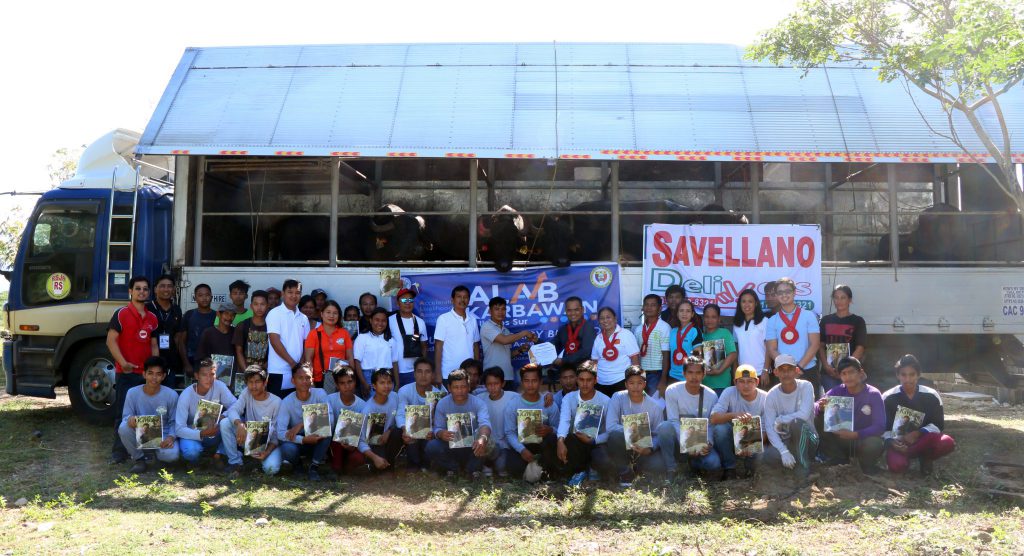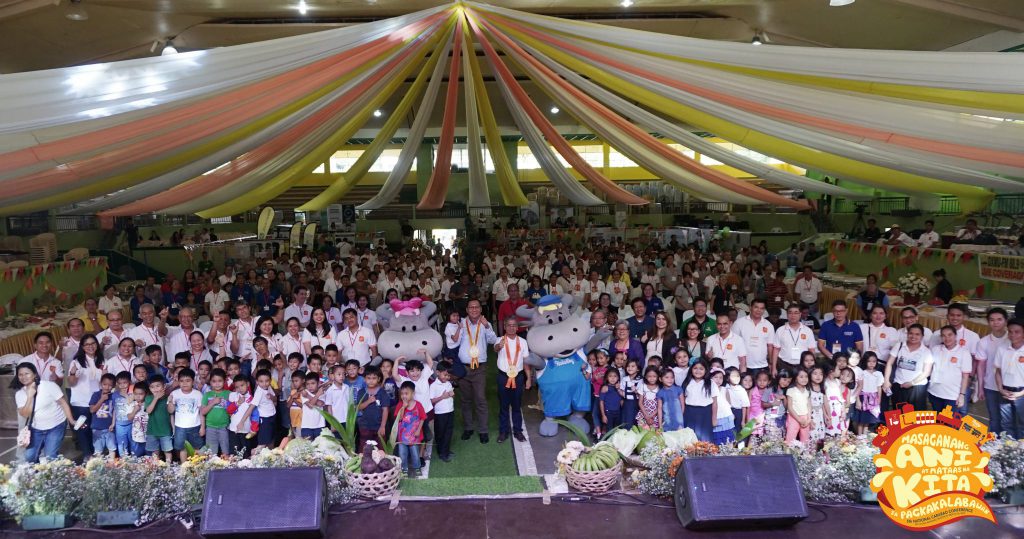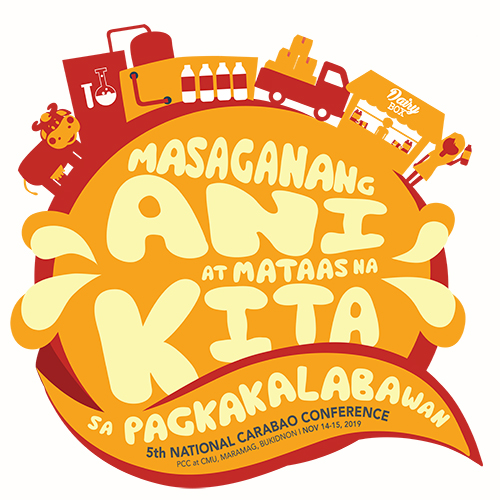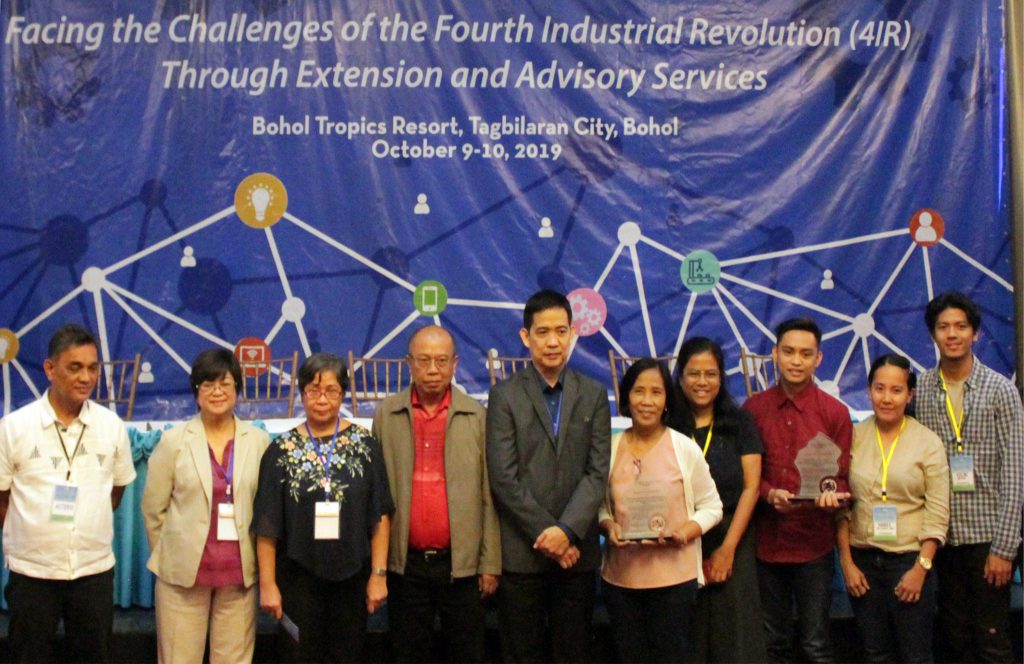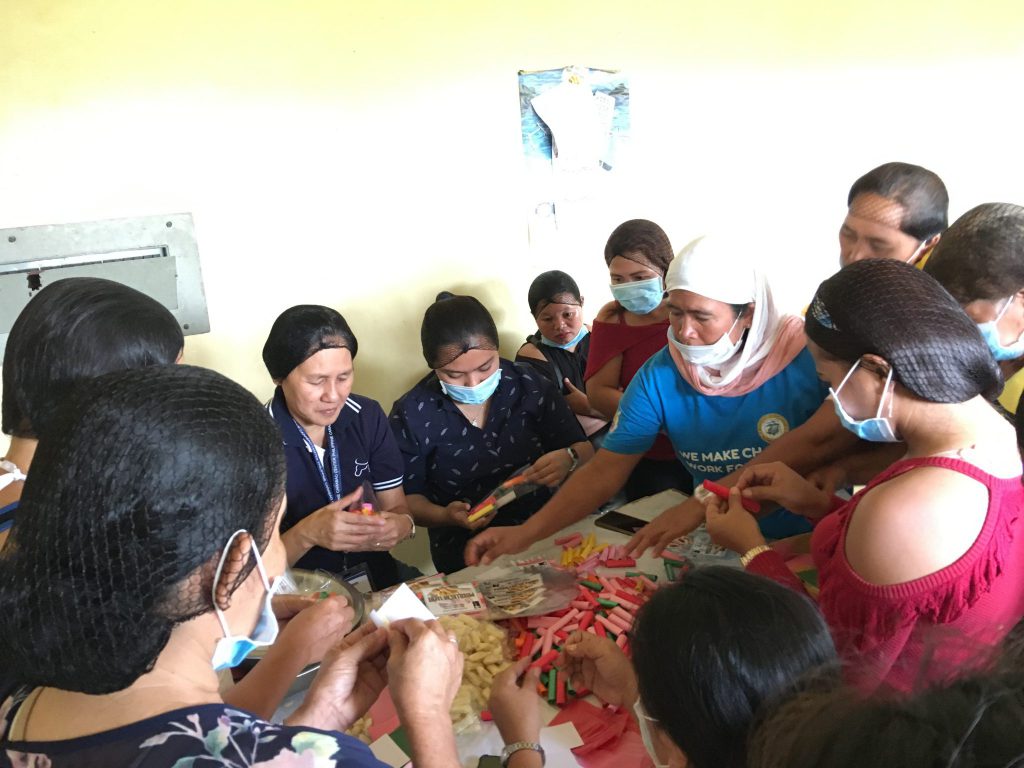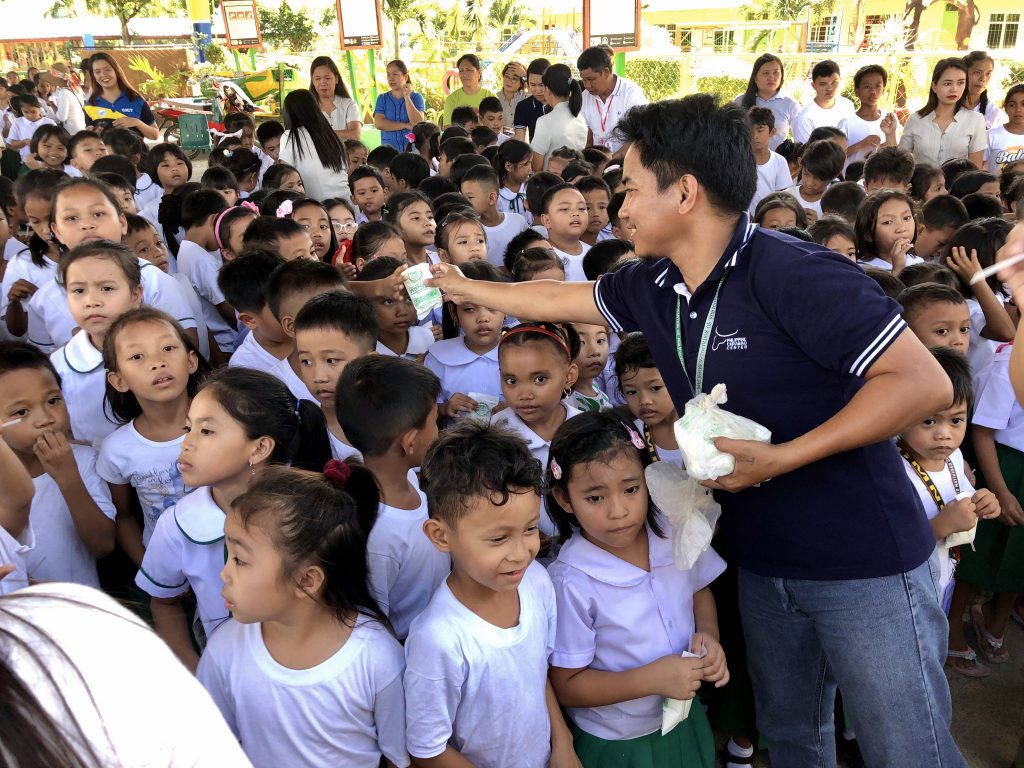The rich resource that is building up within the Sta. Catalina Farm in Botolan is gradually translating to become a hub of development in this local town in Zambales.
A culture of love and cooperation has spread in the community as opportunities sprung for the townsfolk.
“Love and compassion not just for the animals but more for the people in our community—this is what makes up our humble yet meaningful farm venture,” Mayme Ong, the farm’s operations manager, said.
The farm is heavily dependent on the hardworking Aetas for their day-to-day operations. Ong said these indigenous people’s lives have changed for the better since the introduction of dairy buffaloes. Previously, she said, the Aetas relied on corn and rice farming, which gave them seasonal income.
When the indigenous farmers began to raise carabaos, they realized that time, efforts, and resources could maximize theirs by engaging in a sustainable enterprise. They began to earn income and meet their needs because they were able to secure a regular market for their milk produce.
Out of the 10 milking buffaloes, 55 liters of fresh milk (40 liters in the morning and 15 liters in the afternoon) is collected twice daily. While working to secure a permit for their processing facility, the farm is already supplying milk for pastillas making in Palauig.
Aside from milk production, farmers are also earning from silage making as feedstuff for the buffaloes and vermicomposting from buffalo manure.
The dairy buffaloes and the hardworking Aetas are considered farm assets in Sta. Catalina farm. Currently, it has 11 regular employees, one of which is an AI technician trained at PCC at Central Luzon State University.
From this pool of employees, four compose a “carabao group” whose major function is to tend to the wellbeing of the buffaloes.
“Whatever is allotted for the workers are surely for them. It has been a good practice that everyone here knows how to be a team player and practice the culture of unity,” Ong said.
Beginnings
Considered as the only “carabao farm” in Zambales, the Sta. Catalina farm was started in 2016. In 2018, the Agricultural Training Institute (ATI) accredited the farm as a learning site for agriculture (LSA) for its adequate facility, various livestock animals, crops and agricultural technologies.
For three consecutive years, it has been accepting on-the-job trainees from the Ramon Magsaysay Technological University (RMTU). Students are exposed in various farm practices to enhance their knowledge, skills, and attitude.
As an LSA, the Sta. Catalina farm provides various learning activities for visitors. It also offers immersion to guests that will lend them firsthand experience on dairy buffalo management practices like bathing, feeding and actual milking. It has a camp site and pavilion that serve as resting place after strenuous activities such as hiking in the famous Mt. Pinatubo. Soon, the farm will also feature a swimming pool atop the hill.
The Sta. Catalina farm is sprawling on a 32-hectare mountainous area in Zambales. This farm is into livestock production, which includes free-range poultry, piggery, goats and rabbits.
Additionally, the farm is particularly focused on buffalo production. Starting with just one bull named “Bruno” from PCC@CLSU, the herd has now grown to 22 purebred female dairy buffaloes, which they call “caraballa”, 13 calves and one female native carabao.
Future plans
Aligned with herd build-up as one objective of the Sta. Catalina farm, it is also aiming to produce 100 liters of milk from the dairy buffaloes. The farm is looking forward to develop various dairy products using this volume of raw milk to entice more tourists to come by.
Roger Mactal, the farm owner, recognizes the importance of appreciating and trusting his workers by giving them opportunities that will enhance their capabilities in the aspects of farm operations.
Mactal is a business course graduate but he embraces his passion for agriculture, which gives him the drive to operate the farm and contribute to food security through integrated farming with livestock and crops as primary commodities.
“Our indigenous workers remain to be my motivation. I am delighted that I’m able to help them while they are also helping me pursue my passion in farming,” he said.
Mactal said he is planning to bring other animals into the farm but the buffalo will remain to be its focus now that they are planning to establish an organic farm adjacent to Sta. Catalina. He also emphasized that buffalo production and management is far convenient in many ways compared to the other farm animals.
“I’m glad that we developed a culture of teamwork and compassion in this farm because I myself was a product of kindness from a priest who raised me as his own and who was instrument for meeting my wife. I always look at Sta. Catalina farm in the context of love,” Mactal said.


